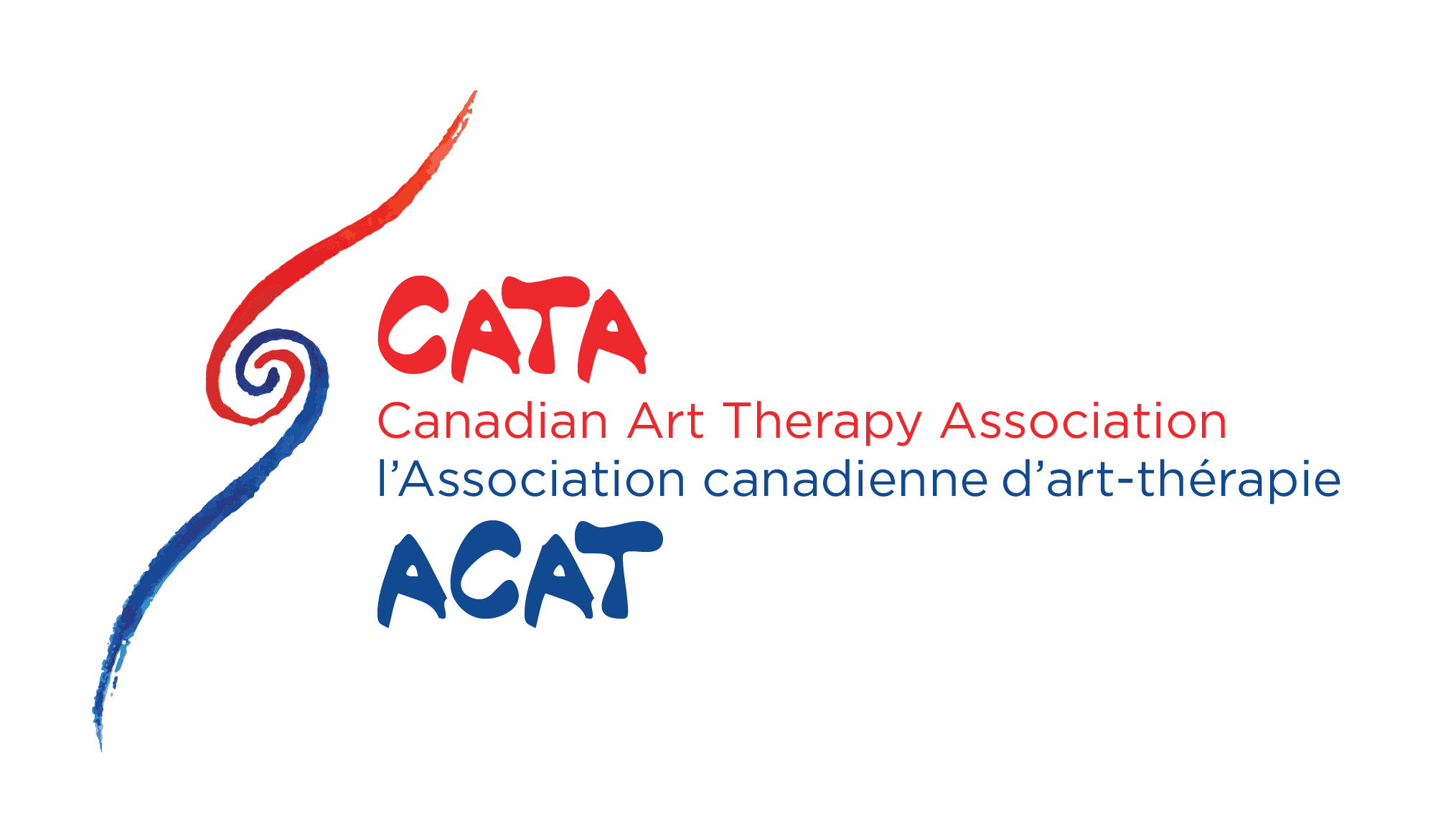COVID-19: Education Standards Updates
Practicum Hours Requirement
Since the beginning of COVID-19 shutdowns across the country, the CATA-ACAT board has been diligently following the impacts on prospective art therapists. In May 2020 the board voted to temporarily lower the practicum hours requirement in our education standards to be 300 hours minimum for direct client hours (total minimum of 600 practicum hours, direct and indirect). This temporary change was intended to specifically support students graduating in 2020.
It is now clear that all current students will likely be negatively affected by placement shutdowns. We have therefore amended the temporary provision to include any student enrolled in a Canadian art therapy program from January 2020 to December 2020, including students who began their programs of study prior to January 2020. We hope that this change will benefit students across different programs more equitably regardless of their graduation dates.
Clarifications on Electronic Placement Practice
The CATA-ACAT board has received many inquiries about whether electronic practice hours are accepted for students’ practicum hours as well as professional hours for registration (RCAT). At this time CATA-ACAT does not differentiate between in-studio and electronic practice direct client contact hours. All direct client contact hours will be recognized for both practicum hours and registration. We trust that training institutions will provide suitable environments, training and supervision for their students practicing electronically.
Moreover, we advise training institutions, supervisors, and professional art therapists to check with their provincial regulatory body to ensure they are adhering to their standards of practice and legal obligations when beginning and engaging in electronic practice (Ontario, Nova Scotia, Quebec, New Brunswick). Professionals are encouraged to seek supervision and training to ensure that they are practicing ethically and within their scope of practice.
Education institutions still hold the responsibility to ensure graduates are adequately prepared for professional practice in art therapy. We trust that institutions will uphold the same high-quality standards for their students and to the profession, regardless of the impacts of COVID-19. If there are questions about these updates and changes, please contact Heidi Argyle, Director of Education, at education@canadianarttherapy.org.
